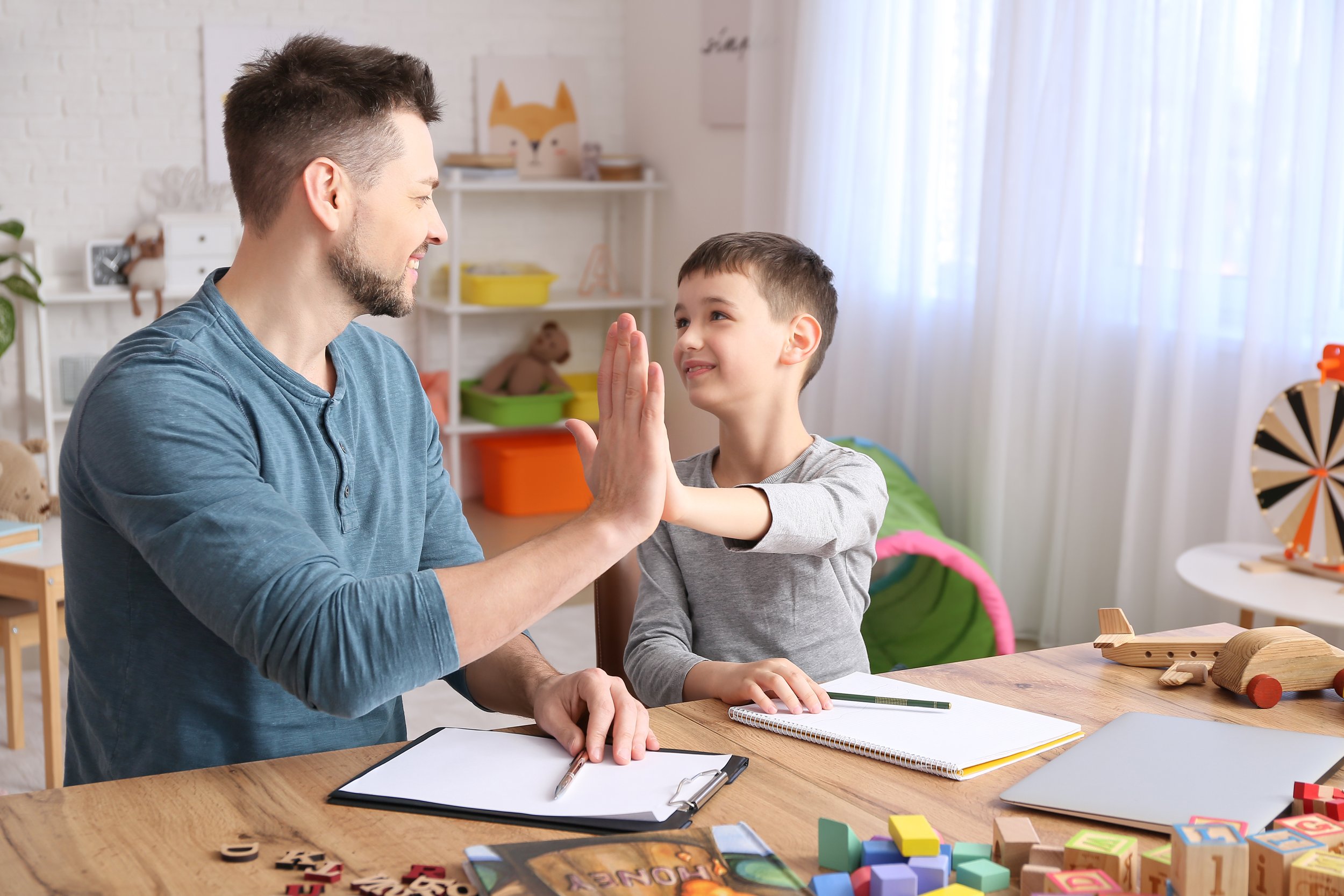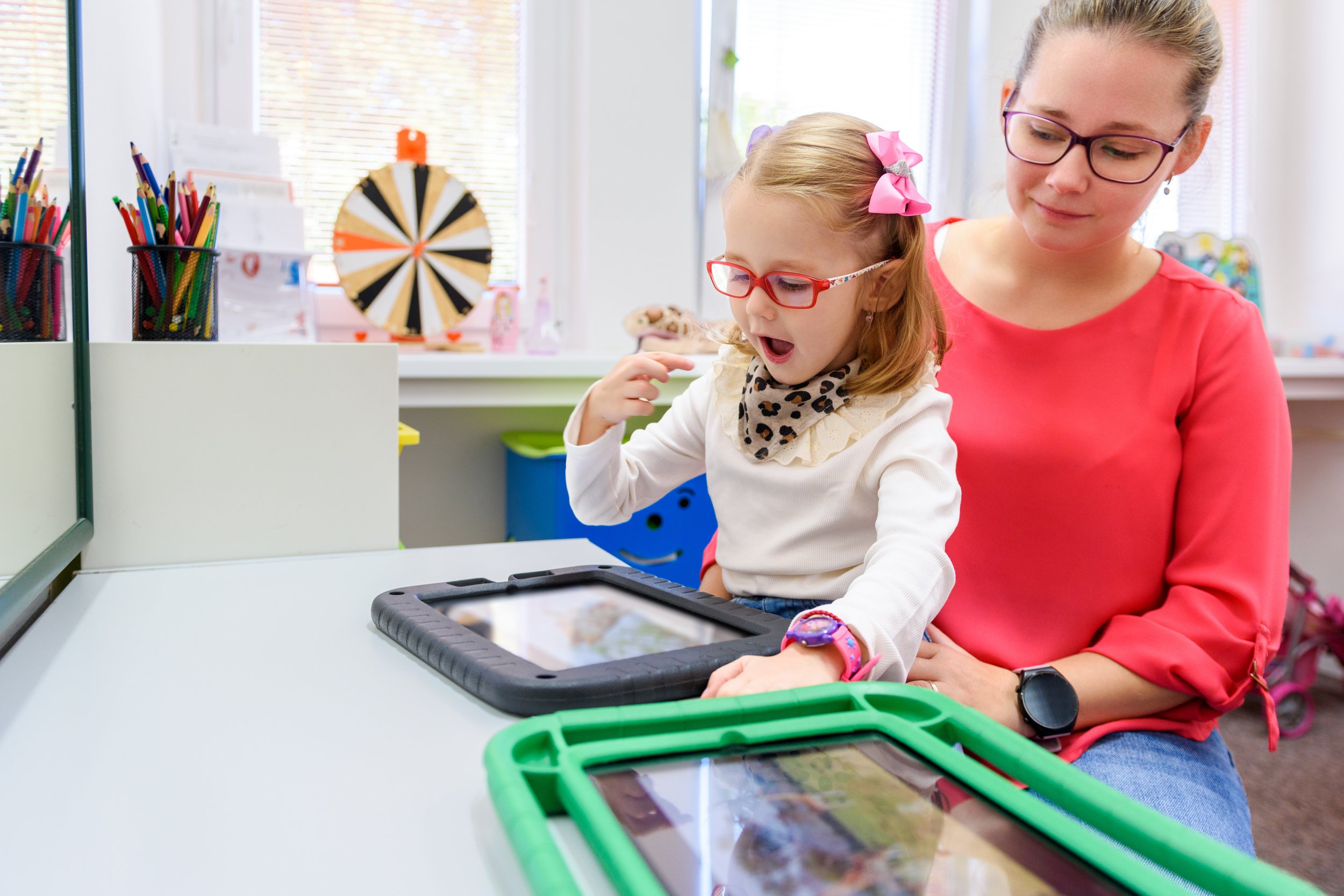
The Benefits of an Autism Diagnosis: Embracing Neurodiversity for Children and Adults
As awareness of neurodiversity continues to grow amongst children, teenagers, and adults, discussions surrounding autism diagnoses have become a topic of conversation for many. For some individuals and families, the decision to seek a formal diagnosis raises essential questions: What does a diagnosis mean? Is it truly necessary? Are we simply labelling everyone? Whilst some may perceive it as merely a label, the benefits of receiving a formal autism diagnosis can be profound, providing clarity and support that enrich lives.
Below, we talk about some of the key reasons for pursuing an autism diagnosis and the importance of embracing neurodiversity, drawing from the voices of our older autistic community.

Understanding Anxiety: Symptoms, Triggers, Coping Strategies, and Treatment
Living with anxiety can feel like an ongoing battle, leaving many people feeling trapped and overwhelmed. However, with the right resources and support, it is possible to mitigate and overcome anxiety.
In this post, we’ll explore anxiety symptoms, common triggers, practical coping techniques, and how it can be treated professionally. The key is building your own anxiety management toolkit. Remember, you’re not alone in this, and with the right support, you can overcome anxiety’s grip.

Emotional Intelligence: Enhancing Self-Awareness and Empathy for Better Relationships
Emotional intelligence, often abbreviated as EQ, is a crucial aspect of our lives that profoundly influences our relationships, communication, and overall well-being. Unlike intellectual intelligence (IQ), which focuses on cognitive abilities, emotional intelligence is about understanding and managing emotions—both our own and those of others. In this blog post, we will delve into the fascinating world of emotional intelligence, explore its components, and discuss how it can significantly improve our relationships and overall quality of life.

Unwind and Thrive: Effective Strategies for Stress Management
In today's fast-paced and demanding world, stress has become an ever-present companion in our lives. The pressures of work, relationships, and daily responsibilities can weigh heavily on our mental well-being. While stress is a normal response to challenging situations, excessive or prolonged stress can have detrimental effects on our health and happiness. Managing stress effectively is essential for maintaining a balanced and fulfilling life. So lets delve into the world of stress management, exploring effective strategies and techniques to help you regain control and nurture your mental well-being. By incorporating these practices into your daily routine, you can create a solid foundation for resilience, balance, and personal growth.

Sleep: Enhancing Mental Health and Productivity through Quality Rest
Sleep is not merely a physical necessity but also a psychological marvel. It is a realm where our minds embark on fascinating journeys, processing emotions, consolidating memories, and recharging for the challenges of a new day. In this blog post, we will delve into the captivating world of sleep from a psychological perspective, exploring its profound influence on our cognitive processes, emotional well-being, and overall psychological health.
Dreams: The Theater of the Mind:
Dreams provide a window into our subconscious minds, reflecting our emotions, desires, fears, and unresolved conflicts. As we sleep, our minds create a rich tapestry of images, stories, and sensations that hold valuable insights into our deepest thoughts and emotions. By examining dream content and analyzing symbolism, we can gain a greater understanding of ourselves, uncovering hidden aspects of our psyche that may not be easily accessible in waking life. Exploring recurring themes, emotions, and patterns in our dreams can provide important clues to unresolved issues or unexpressed feelings, empowering us to navigate our waking lives with greater self-awareness and understanding.
Memory Consolidation:
During sleep, our brains engage in the intricate process of memory consolidation, a fundamental mechanism crucial for learning and cognitive function. While we sleep, the brain works tirelessly to transfer information from short-term memory to long-term memory storage. This consolidation process enhances our ability to retain and retrieve new information, allowing us to build upon existing knowledge frameworks and foster intellectual growth. Quality sleep not only rejuvenates the body but also fortifies the mind, enabling us to integrate and apply what we have learned, ultimately shaping our cognitive abilities and expanding our intellectual horizons.

A Healthy Morning Routine to Start Your Day Right
Begin with Mindful Awakening: Instead of hitting the snooze button, embrace a mindful awakening. Set your alarm for a time that allows for a peaceful start. As you wake up, take a few moments to practice deep breathing and express gratitude for the new day unfolding before you.
Hydrate and Nourish: Quench your body's thirst for hydration after a night of restful sleep. Start your day by sipping a refreshing glass of water or enjoying a warm cup of herbal tea. Hydrating your body replenishes it and readies you for the day. Following that, nourish your body with a balanced breakfast comprising whole foods like fruits, vegetables, whole grains, and lean proteins. A nutritious breakfast fuels your brain and provides the essential energy needed for optimal mental functioning.
Get Moving: Engaging in physical activity in the morning is a fantastic boost for your mental health. Whether it's a brisk walk, a yoga session, stretching, or a workout routine, choose an activity that suits your preferences and fitness level. Physical exercise releases endorphins, which can elevate your mood, reduce stress, and enhance your overall well-being. By incorporating movement into your morning routine, you promote mental clarity, focus, and a sense of accomplishment.

Cultivating Mental Well-being with Meditation
In today's fast-paced world, the pursuit of mental well-being has become increasingly important. Amidst the chaos and stress of daily life, many individuals are turning to meditation as a powerful tool to cultivate peace, reduce anxiety, and enhance overall mental health. In this blog post, we will explore the science behind meditation, its benefits, and practical tips to incorporate meditation into your daily routine.
Meditation is an ancient practice that involves training the mind to achieve a state of focused attention and heightened awareness. While it has deep roots in spiritual and religious traditions, meditation has gained widespread recognition as an effective secular practice for improving mental and emotional well-being.
Over the past few decades, extensive research has been conducted to understand the effects of meditation on mental health. Scientific studies consistently highlight numerous benefits associated with regular meditation practice. Let's explore some of the key findings:
Stress Reduction: Meditation has been shown to reduce levels of the stress hormone cortisol, thereby alleviating stress and promoting relaxation. By practicing mindfulness and focusing on the present moment, individuals can create a sense of calm amidst life's challenges.
Improved Emotional Well-being: Meditation helps cultivate emotional resilience by enhancing emotional regulation and reducing negative emotions such as anxiety and depression. It allows individuals to develop a greater sense of self-awareness, leading to a more compassionate and accepting attitude towards themselves and others.

The Benefits of Home Therapy
Why did we choose a home based therapy model? Because it offers clients unparalleled ease, taking away the stress of busy lifestyles, while also providing a more tailored approach. Backed by research, this approach has gained recognition for its ability to foster a supportive and convenient environment for individuals seeking help. Let's dive in and discover why home-based therapy may be the right choice for you.
Embracing Comfort and Convenience
Imagine engaging in therapy from the familiar surroundings of your home. Home-based therapy offers precisely that—an environment where you feel at ease and secure. Research suggests that this comfort can enhance your willingness to participate in therapy, encouraging open and honest discussions about personal and sensitive topics that may be more challenging in a clinical setting.
Breaking Down Barriers and Reducing Stigma
For many individuals, seeking mental health services can be daunting due to various barriers, such as transportation issues, time constraints, or the fear of judgment from others. Home-based therapy removes these obstacles, allowing you to receive the support you need without stepping out of your comfort zone. It provides a safe and confidential space, free from external scrutiny, making therapy more accessible and reducing the stigma associated with seeking help.

Helping Kids Speak Up: The Magic of Augmentative Alternative Communication (AAC)
Talking and communicating with others is an essential part of our daily lives. But, for some kids with speech and language disorders or developmental disabilities, expressing themselves can be really tricky. That's where augmentative alternative communication (AAC) comes in - it is a way to help kids who have difficulty speaking, understanding language, or using natural speech patterns to communicate their wants and needs.
So, what exactly is Augmentative Alternative Communication?
In simple terms, AAC is just using different methods or tools to support or replace spoken language. This can range from basic gestures and expressions, to fancy speech-generating devices (SGDs) or tablets like iPads. It all depends on what works best for the kid and their needs. AAC is an amazing tool that can help kids who struggle with communication express themselves and connect better with the world around them.
AAC can be done in a bunch of different ways, depending on the child's abilities and preferences. For example, a child might use pictures, symbols, or words on a tablet to indicate what they need or want. Or, they might use sign language or a combination of gestures and vocalisations to communicate. The idea is to give them a way to express themselves that works for them.




